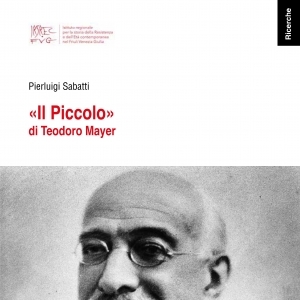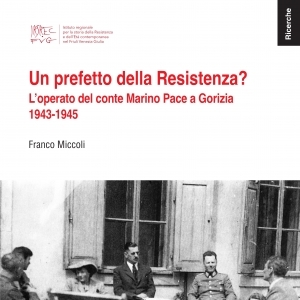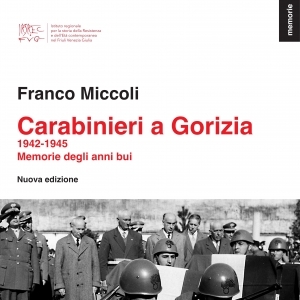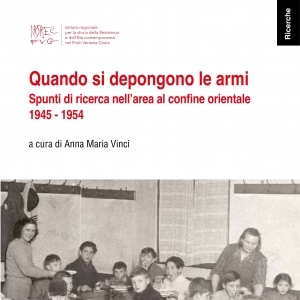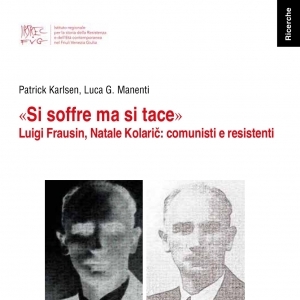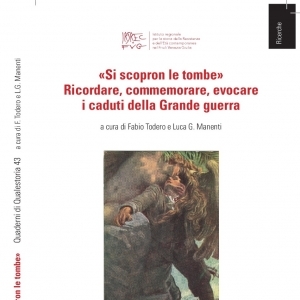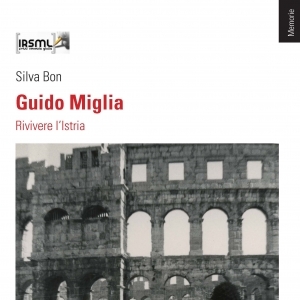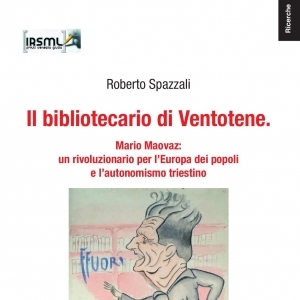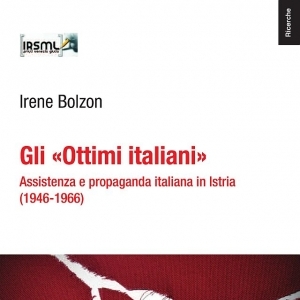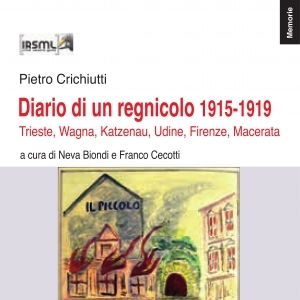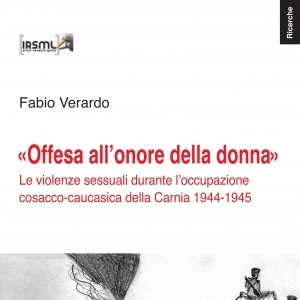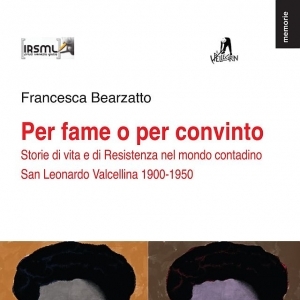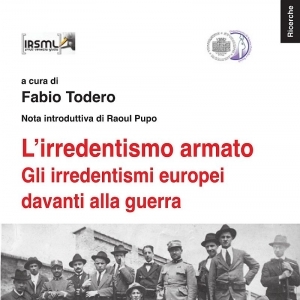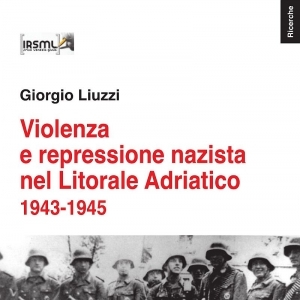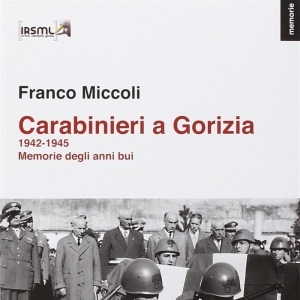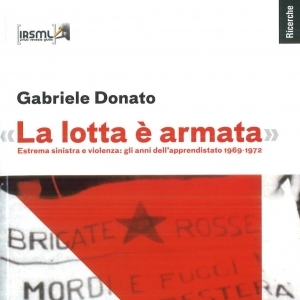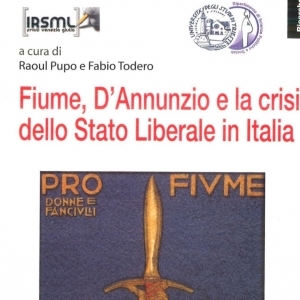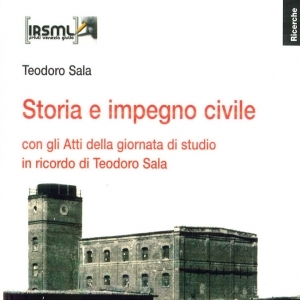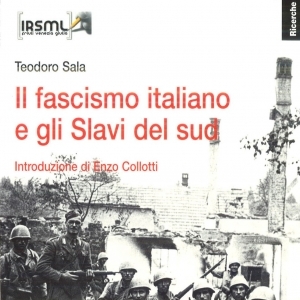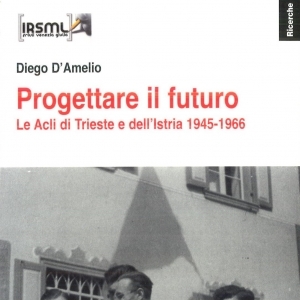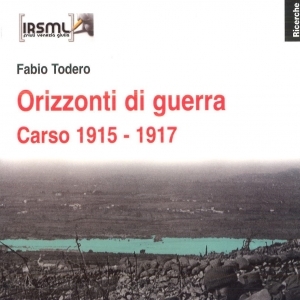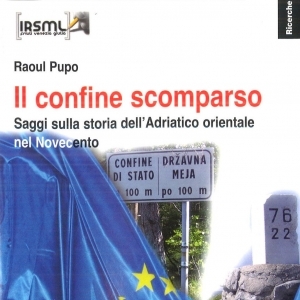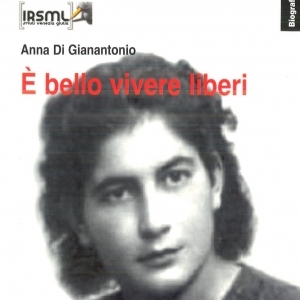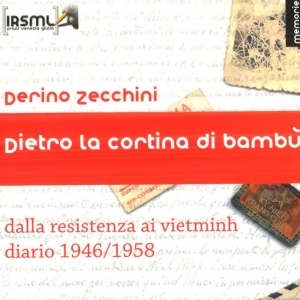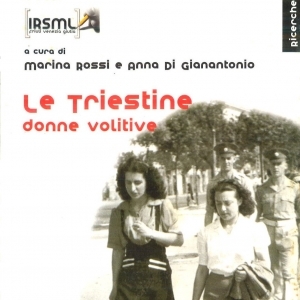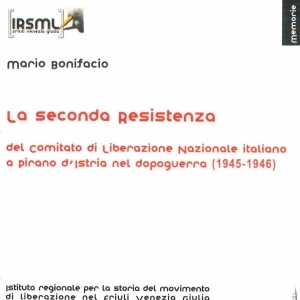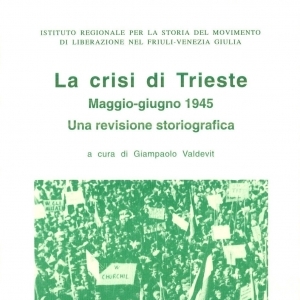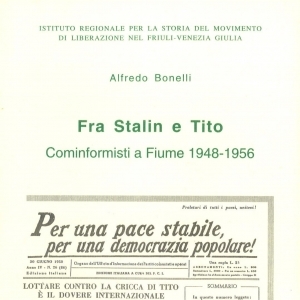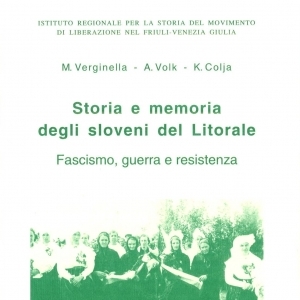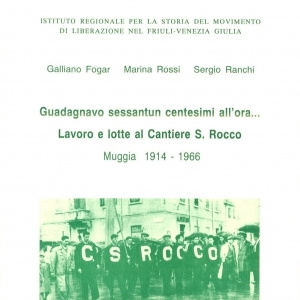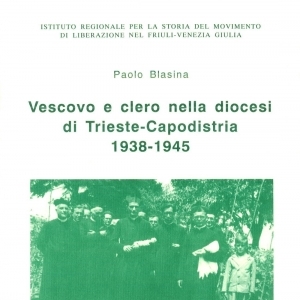Qualestoria, n. 1, Giugno 2012
Vari

| Studi e Ricerche | Studies and researches | |||
| Andrea Gobet | Tra «novatori» e «neroniani». Socialisti e comunisti nel primo dopoguerra a Trieste. Between «novatori» and «neroniani». Socialists and communists in the early postwar years in Trieste |
5 | ||
| Andrean Griffante | Un «altro» canone storiografico d'inizio Novecento? Osservazioni tipologiche su Irredentismo adriatico (1912) di Angelo Vivante eLitwa (1908) di Michał Römer. A «different» hystoriographical canon at the beginning of Twentieth-century? Tpological notes about Irredentismo adriatico (1912) by Angelo Vivante and Litwa (1908) by Michał Römer. |
45 | ||
| Meta Remec | L'igiene del soldato: corpo maschile, sessualità e vizi nell'età borghese. Soldier's Hygiene: Men's body, Hygiene, Sexuality and Vices in the Bourgeois Era. |
65 | ||
| Documenti e problemi | Documents and problems | |||
| Alessandro Marzo Magno | La guerra tiepida. Spionaggio e controspionaggio tra Italia e Jugoslavia 1948-1953 nel fondo Affari riservati della Pubblica Sicurezza, nell'Archivio centrale dello Stato. The warm war. Espionage and counter-espionage between Italy and Yugoslavia 1948-1953 in the Classified Affairs of the Public Security Fonds in Archivio centrale dello Stato. |
95 | ||
| Franco Cecotti | Gorizia, I tempi e lo spazio del confine Gorizia: times and spaces of the border |
111 | ||
| Note critiche | ||||
| F. Benolich | Conoscere il nemico. Apparati di intelligence e modelli culturali nella storia contemporanea, a c. di P. Ferrari, A. Massignani, Franco Angeli, Milano 2010. | 123 | ||
| F. Senardi | M. Colin, «Les enfants de Mussolini». Littérature, livres, lectures d'enfance et de jeunesse sous le fascisme. De la Grande Guerre à la chute du régime, avec una contribution de Pompeo Vagliani, ERLIS, Université de Caen Basse-Normandie, Presse universitaire de Caen, 2010. | 143 | ||
| L. Falsini | Una certa idea di Italia: M. Isnenghi, Storia d'Italia. I fatti e le percezioni dal Risorgimento alla società dello spettacolo, Laterza, Roma-Bari 2011 | 146 | ||
| T. Krizman Malev | Jože Pirjevec, Tito in tovariši, Cankarjeva založba, Ljubljana 2011 | 150 | ||
| S. Bon | C. Benaim, E. Rosselli, V. Supino, Memorie di guerra e di persecuzione. Tre generazioni a confronto (Firenze 1943-1944), a c. di M. Baiardi, Regione Toscana, Consiglio regionale e Istituto storico della resistenza in Toscana, Edizioni dell'Assemblea, Firenze 2012 | 156 | ||
| Schede | ||||
| Si parla di | «Zibaldone», Italien 1861-2011: Einheit und Vielfalt, Herbst 2010 (F. Senardi) | 163 | ||
| Appendice | ||||
| Basovizza 9 settembre 2012 (Franco Cecotti) | 165 | |||
| Gli autori di questo numero | 168 | |||
Abstracts
Abstract – Between «novatori» e «neroniani». Socialists and communists in the early postwar years in Trieste
Andrea Gobet
This essay focuses on the essential chronology and the most significant historiographical questions concerning Socialism in the early postwar years in Trieste until the march on Rome. My analysis has been conducted on two socialist newspapers of that time, «Il Lavoratore» and «Il Lavoratore socialista». The First World War and its consequences had a deep influence also on the Socialist movement in the transition from the Austro-Hungarian Empire to the after war Italian administration in the new Eastern border of Italy. This study of its elaborate history intends to contribute to clarify the political and social events of the postwar years in Trieste and its territory.
Abstract – A «different» historyographical canon at the beginning of Twentieth-century? Typological notes about Irredentismo adriatico (1912) by Angelo Vivante and Litwa (1908) by Michał Römer
Andrea Griffante
Nation as a monolithic and uniform historical subject represented the main object of European national master narratives over the 20th century. Conversely, critical historiography acknowledged the importance of nation as a historiographical subject, but refused the idea of nation unity in space and time and underlined the importance of spatiality for the formation of collective identities. In this article I analyze two examples of such critical literature: Litwa (1908) by Michał Römer and Irredentismo adriatico (1912) by Angelo Vivante.
Abstract – Soldier's Hygiene: Men's Body, Hygiene, Sexuality and Vices in the Bourgeois Era
Meta Remec
The army has always personified the order and discipline. In the bourgeois era it became an important harbinger of the new hygiene standards and the fight against degeneration as a result of the abuse of alcohol, tobacco and sexually transmitted diseases. This paper deals with the teachings that were available to soldiers in various handbooks and brochures. It also describes the differences between the information given to Italian or Slovenian soldiers and the influence these prevention campaigns had on society as a whole.






